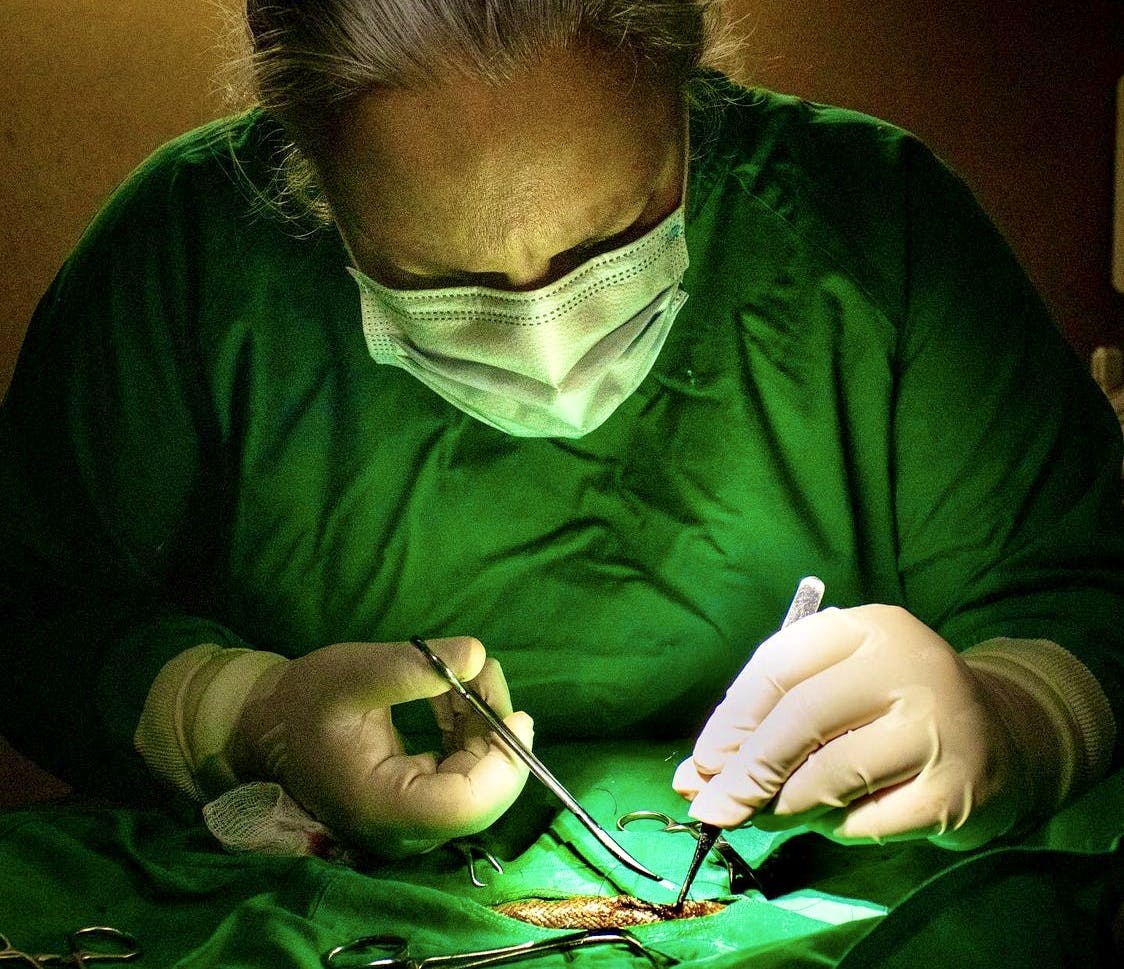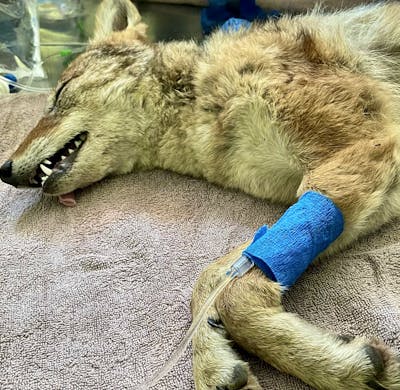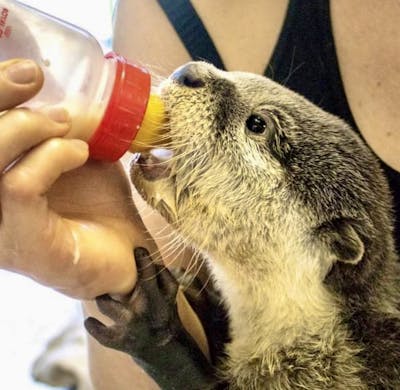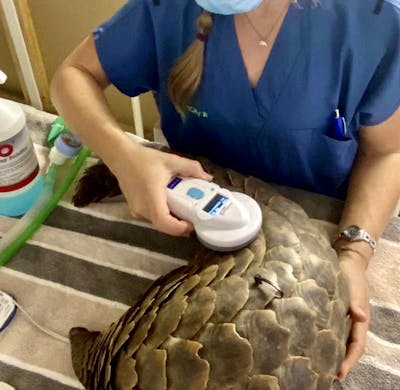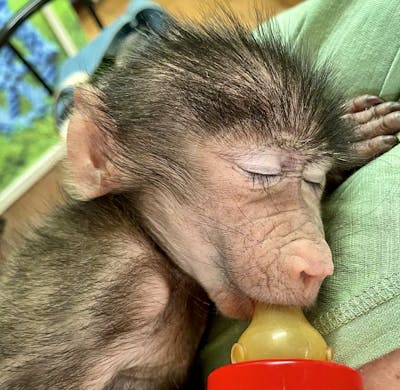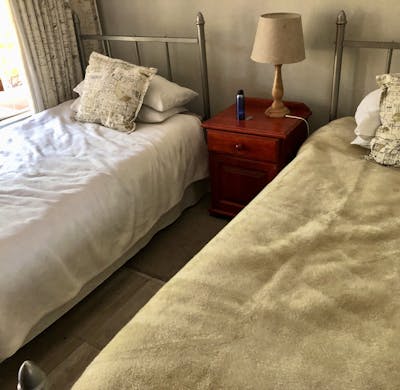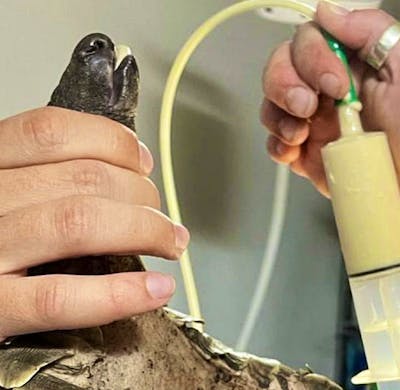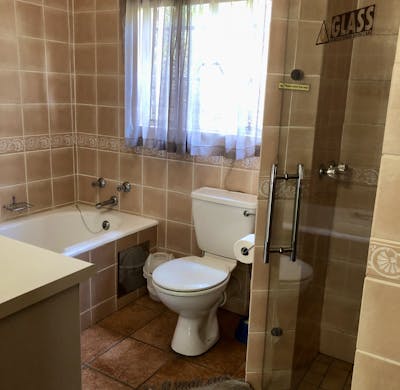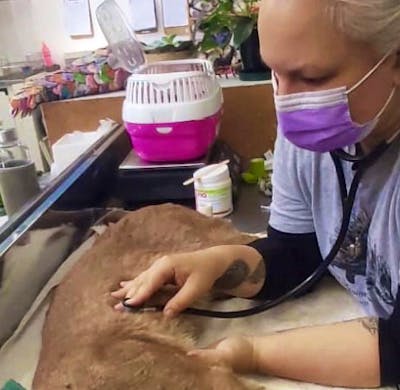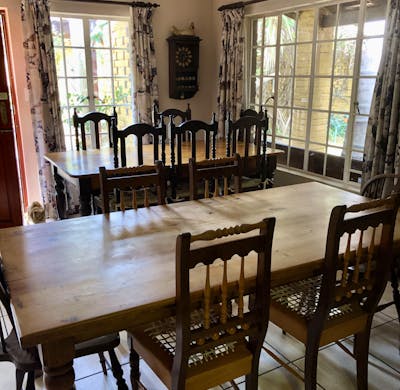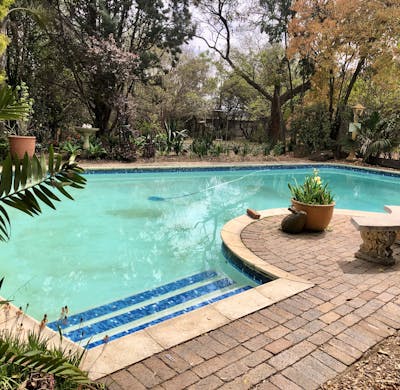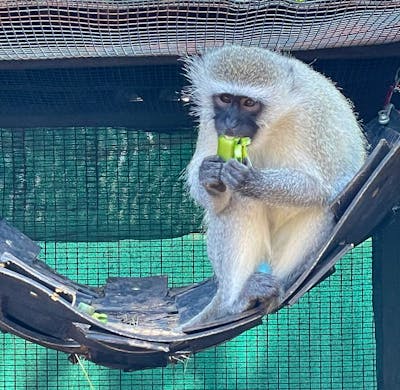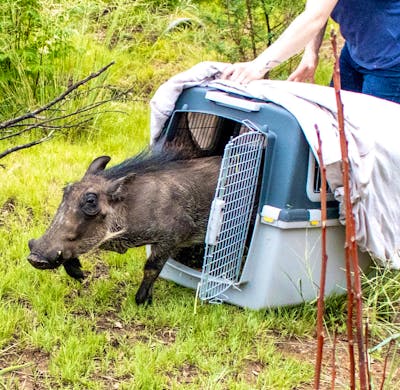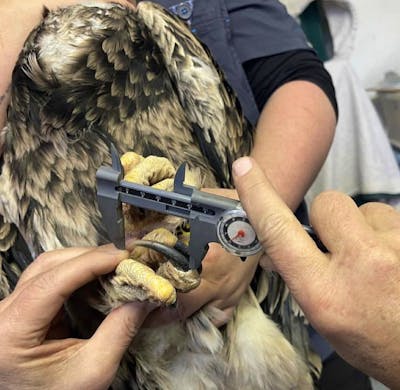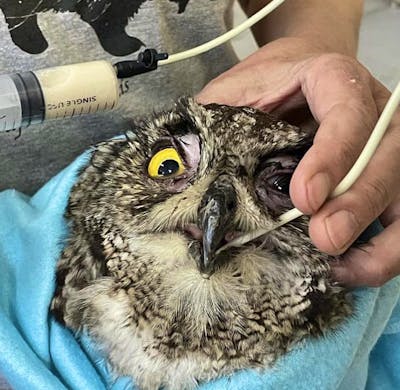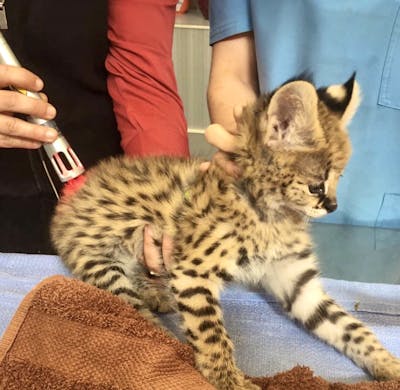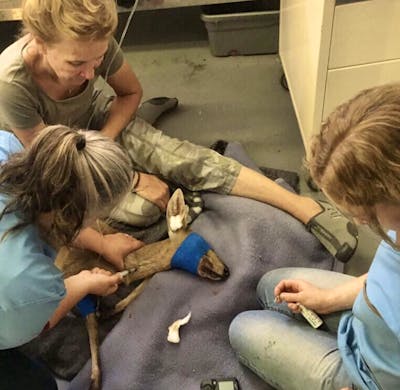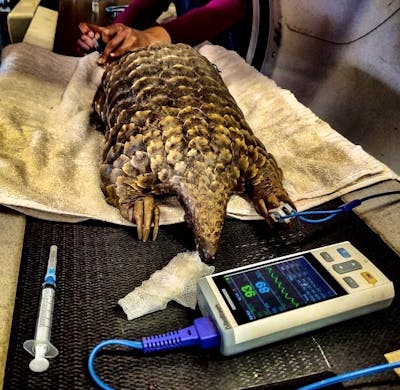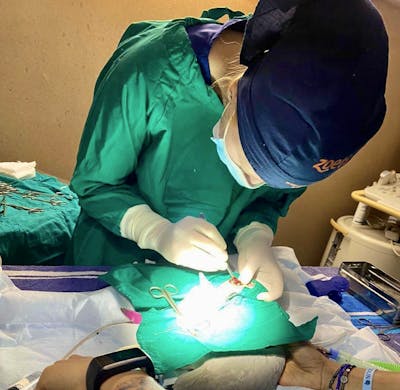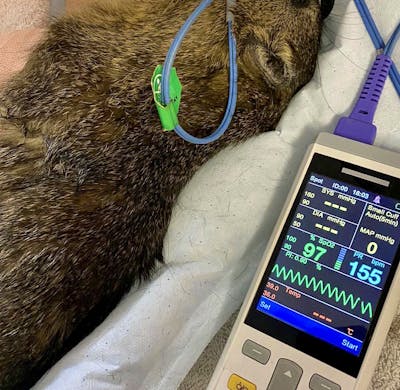Assist a team of an experienced full-time wildlife rehabilitation team and a wildlife veterinary doctor at this fantastic wildlife veterinary hospital treating indigenous small to medium sized South African wildlife. All the wildlife treated and rehabilitated, are wild without owners and once healthy and mature enough, will be released back into a safe natural environment like nature reserves to be free as nature intended.
Some of the species treated include owls, bats, raptors, mongooses, pangolins, serval, caracal, genets, bushbabies, hedgehogs, garden birds, water birds, reptiles (tortoises, snakes and monitor lizards), honey badgers and otters — to name but a few.
Often injured and compromised wildlife are taken to the nearest veterinary practice for treatment. Frequently, the veterinarian on duty does not have the expertise, the time, or the resources to treat a particular species and as a result these animals often get inadequate care (medical, dietary and husbandry). Even 24-hour veterinary facilities are not equipped to handle wildlife longterm, as this- in particular rehabilitation- is not their specialty.
So a veterinary facility that only treats indigenous wildlife on a full-time basis was established. The rehabilitation aspect of the hospital is run and overseen by a trained and permitted wildlife rehabilitation specialist team. Regularly veterinary students and nurses are trained as well as experienced veterinarians in the approach to the treatment and rehabilitation of indigenous wildlife by the onsite qualified wildlife veterinary doctor. For those studying veterinary medicine, this project can be used as an internship as the veterinary doctor is qualified to sign off on practical credit documentation.
Volunteers allow the project to grow as a facility by taking on more patients and a greater workload. The project is busiest in the summer months, December, January and February, and baby season which is Spring, September, October and November, but requires assistance all year round.
While the project is a veterinary hospital first-and-foremost, a large portion of the work done consists of wildlife rehabilitation, cleaning and food preparation – husbandry. As wildlife is treated for free and funds are limited to employ local staff, volunteers are relied on to help with this work.
Volunteers assist with 6 days on and 1 day off a week.
The hours during the week are 08h00 to 16h00 and weekends 09h00 to 16h00.
Volunteers WILL be required to assist with cleaning inside cages and outside enclosures. This involves removing old food and faeces and replacing contaminated blankets and straw.
Volunteers WILL be required to assist with food preparation. This involves chopping vegetables for tortoises and other herbivores, sorting insects for our insectivores, and chopping day-old chicks, rats, mice and other ‘wild’ meat for our carnivores and omnivores.
Depending on the work load, volunteers MAY:
- assist with animal enrichments for those in undergoing rehabilitation
- have the opportunity to handle, hold, or assist with the treatment of some of the patients.
- have the opportunity to witness surgeries, examinations, x-rays and medical treatments, depending on the patients currently in care. Those studying or qualified in veterinary medicine, will be able to assist the veterinary doctor in procedures.
- have the opportunity to witness or assist with gavaging (tube-feeding) birds that are too young or too sick to feed themselves.
Volunteers need to be enthusiastic, hard-working, and eager to learn. Over the busiest seasons of summer and baby season, volunteers are required to work extra hard, often without breaks. If you have any physical limitations, please let us know beforehand, so that we can adjust the jobs assigned to you accordingly.
Dress Code – On Your Project
As you will be doing some manual work on the project, it is wise to be practical and work in hardwearing pants, cotton Tshirts, good solid trainers and most certainly a good sun hat. It does get cold during the winter months so a fleece or a
warm jacket for your outdoor work is always a good idea.
Equipment Checklist
The list of items given below is a general list of items and is provided as a guide only. If you are in anyway unsure what you
should or should not be taking with you, please speak to us. Remember - be sure to speak to them before going off and
spending lots of money on potentially needless equipment.
Highly Recommended
- Mobile / Cell Phone – this is a requirement and please make sure it is unblocked for a South African sim card
- *Heavy duty rubber gloves *
- GOOD SHOES. A pair of good old waterproof boots and old trainers are perfect. Open shoes for relaxing in the summer
months
- Weatherproof Jacket / Raincoat
- Daypack (Small Rucksack).
- Sun Hat
- Sun Cream (at least factor 30+)
- Powerful Torch
• Camera
- Alarm Clock
- Adapter Plugs for South Africa
- Batteries
- Toiletries
- Bathing suit and beach towel for summer months as the project is close to some awesome beaches
- Hot water bottle and thermal clothing for winter months
- A small first aid kit
- Your own water bottle
Optional
- MP3 player
- Games, books, e-reader, travel journey, tablet, a pack of cards etc.
Items Better Left At Home - Any unnecessary high value items such as expensive jewelry & watches.
- If you have a new & expensive ‘smart’ phone, then you should consider taking an older phone out with you instead.
Remember to check that it works before you set off!
Getting The Most Out Of Your Project
The way of life is very different to that of the UK, USA, and Europe. It is important to be patient whilst on your programme.
Having a positive ‘can do’ attitude will go a long way. Positivity, perseverance and being pro-active are also key if you
want your programme to be a success. Do not be afraid to ask if there is something specific that you would like to get
involved in. If you have any doubts at all, please speak to us, we will be more than happy to assist you in making sure that
your project is right for you and that its one that you’ll get the most out of!
Language
Whilst most projects have already had experience with receiving foreign or English-speaking volunteers, you may find that
many people have a limited knowledge of English. If you are lucky enough to have some knowledge of the local
language you will find it very beneficial on your project – but do not be put off if languages are not your thing! Try to learn
at least a few basic phrases before starting your programme – it is amazing how much a difference it can make even
when it is only please, thank you etc. If you have not had much success in learning phrases before you go you still should
not worry – it is often much easier when you are there. You will soon find that you have picked up the odd word and
phrase and once you know one or two the rest tends to follow. Try to supplement any knowledge you do have with using
other forms of communicating – sometimes you may need to think on your feet from and utilise all your initiative to get
your point across. You will soon start to find that you are able to muddle through very successfully.
Please be aware that all the project staff, volunteer coordinators and us, are fluent in English! :)
Help & Guidance
If you have any problems or, if you need any help or guidance, please do not hesitate to speak to your volunteer
coordinator or us so that we can address it. We cannot address and issue if you do not raise it with us or your monitor on
the ground.
We worked with many many volunteers over the years and the vast majority have a wonderful experience on their projects
– we have no doubt that you will also thoroughly enjoy your time on your project and in the country.
General Rules & Regulations
The following rules and regulations should be read in conjunction with the terms and conditions of your project.
Code of Conduct
It is very important that your behavior and conduct is in keeping with that which is acceptable. The following list is not
exhaustive but is given as a guideline to how you are expected to behave and conduct yourself whilst on your project.
You Should:
- Behave appropriately, with co-operation and with consideration for one another.
- Treat everyone equally and with respect regardless of differing culture, ability, race, gender, age, religion, sexual
orientation, disability, or social class.
- Remain mindful of cultural differences.
- Act in a manner which does not bring the project and / or Travellers into disrepute.
- Abide by the rules and regulations of the project.
- Take responsibility for your own safety and to look after yourself and your belongings, and to never put yourself at risk.
- Act in accordance with the law of the land.
You Must Not: - Damage or deliberately misuse any equipment / resources provided to you. This includes using equipment / resources
responsibly i.e., avoiding wastage (e.g., turning off lights and water).
- Be under the influence of drugs or banned substances whilst on your project. You must not be under the influence of
alcohol whilst participating at your project – this includes being hung-over from the night before!
Attendance & Punctuality
These are serious projects, it takes a lot of different people giving their time and energy to arrange each project, so please
do not think that you can treat them casually –
- You will be expected to stick to the schedule that has been arranged for you.
- You should make every effort to turn up in good time and to attend as scheduled.
Naturally, this does not apply if you are ill. See the section below on ‘Sickness’ for more details.
Taking Time Off
If you would like to take a day off from your project –
- You must first speak to your project and make a request for time off.
- When requesting time off – make your request as early as possible, giving the project plenty of advance notice. This
is very important as the project will need to time to reorganize the work, rearrange your schedule, and they may also
need to arrange for someone to stand in for you whilst you are off.
- If your request is turned down, you should accept the decision gracefully. The project will not turn down your request
without good reason. If your request is turned down, you should not continue to pursue the matter.
- If your request for leave is accepted, you should inform your Volunteer International Adventures In-Country
Representative.
- Please Note: You can only take time off from your project when you have received confirmation that your request
has been accepted.
- Taking unauthorized time off and / or failing to turn up when scheduled, may lead to your project being terminated
without appeal and without recompense.
Sickness
If you are sick and unable to attend your project –
- Please inform your project as soon as possible. This is very important as the project will need to time to reorganize the
work / activity, and they may also need to arrange for someone to stand in for you whilst you are off. And if they
cannot make alternative arrangements, they may be forced to cancel the work / activity – in which case they may
need to let people know in advance.
- Please also inform your Volunteer International Adventures In-Country Representative as soon as possible. This is
important as they may need to liaise with your project. And of course, they will be unable to help in anyway if they
do not know that you are ill.
- Please let us know if you would like to see a doctor too so it can be arranged.
- As soon as you can, let your project know when you think you will be well-enough to come back – this is important as
it may take some time for all the necessary arrangements to be made ready for you to return to your project.
- Please note that if you persistently do not turn up due to illness, you may be asked to see and doctor and / or be
required to produce a doctor’s certificate confirming.
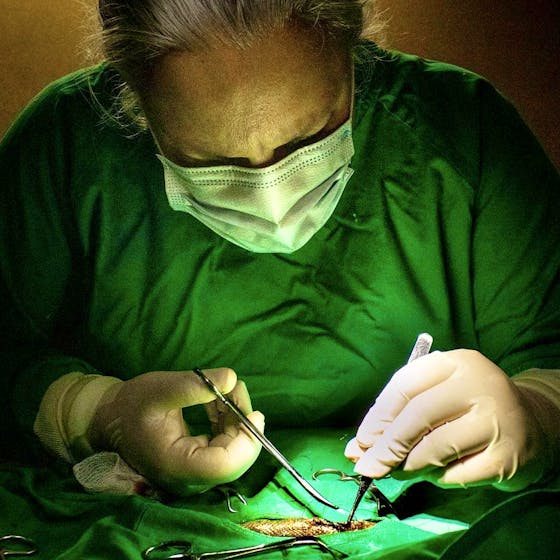

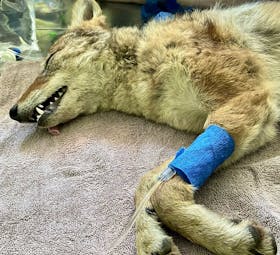
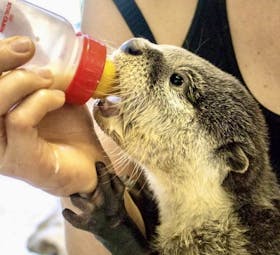
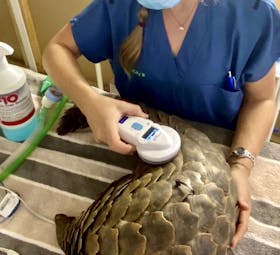
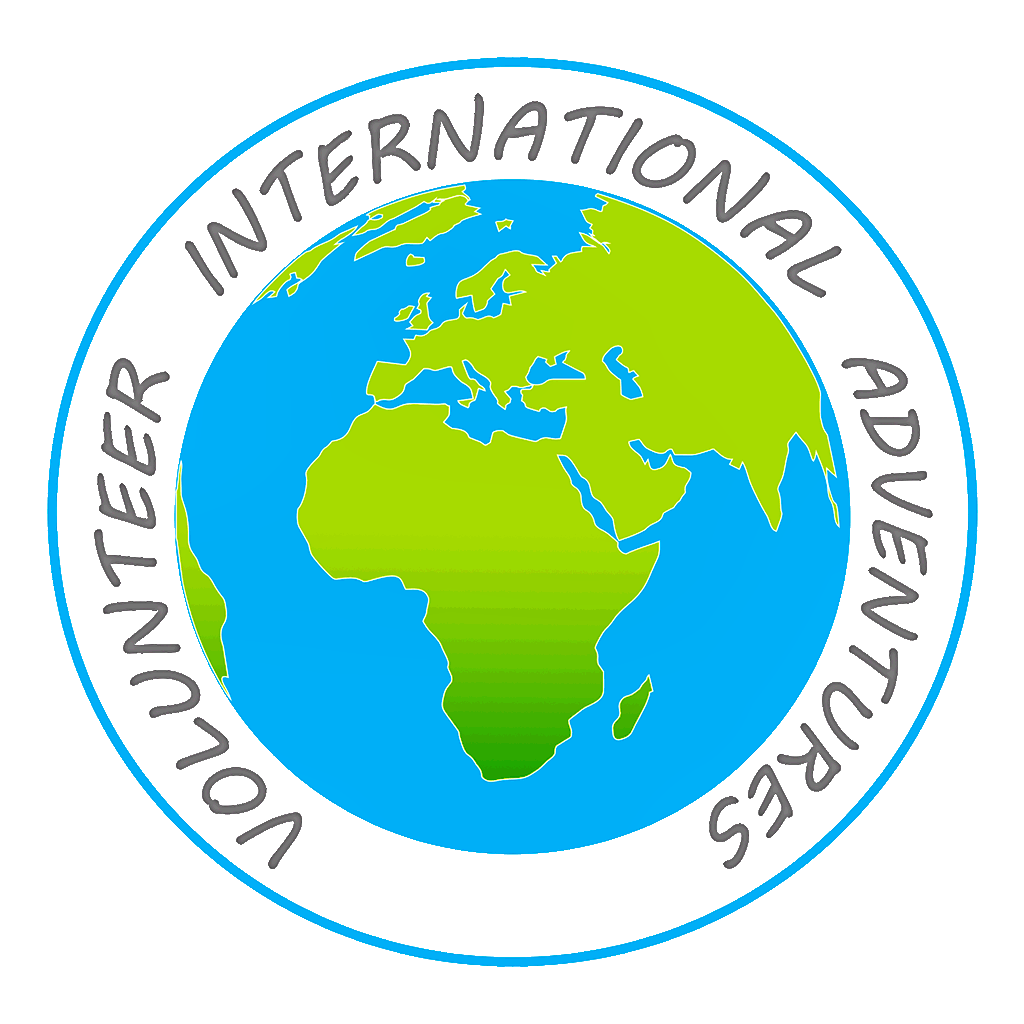
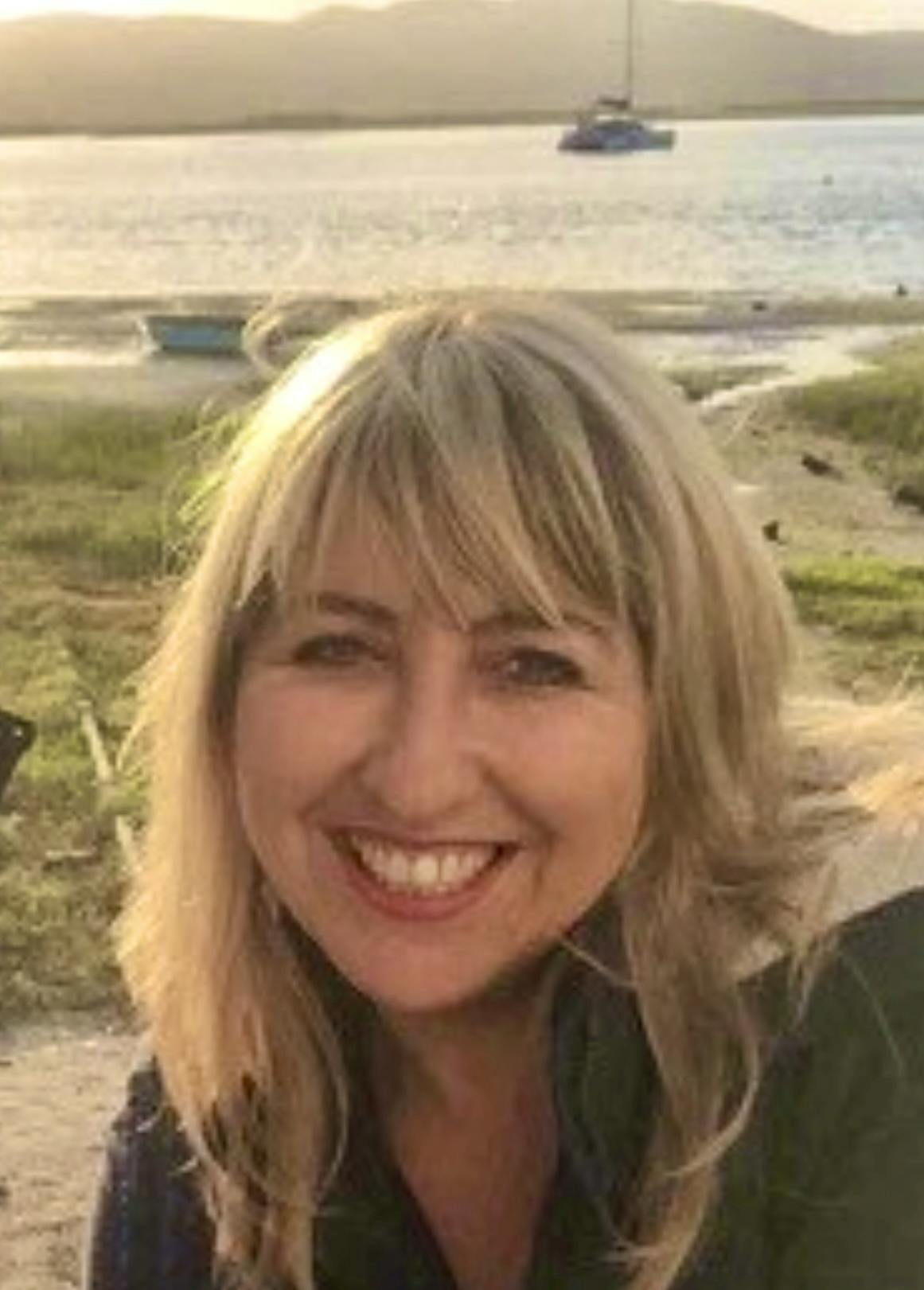
 4.7
4.7

